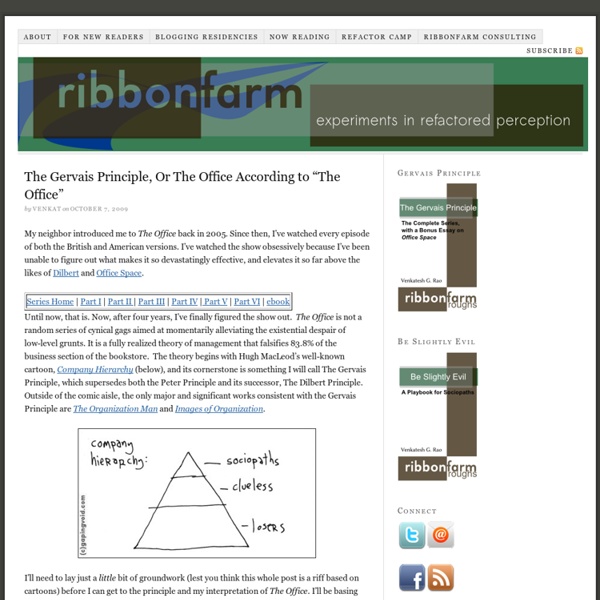Professor Stephanie Hemelryk Donald
I am a long way from Australia at present. I am based in Amsterdam, and have been travellin in Lithuania and a quick trip to Karlsruhe. But I was asked to write something about Australian democracy, which I found difficult to be frank. I am not a political scientist nor an Australian historian, but here are some thoughts dating back to August: On 16 August 2011, there was a public meeting at St Peter’s Town Hall in Sydney’s inner west. Their fears resonated with concerns of farmers and communities across the Liverpool Plains. On 14 August 2011, the words ‘Dalian’ and ‘PX’ were disabled (or rather scanned for removal) on Sina Weibo, the extraordinary Chinese microblog network. In August 2011, Dalian had become a city seething with anger over petrochemical pollution. Taken together, one can see that defiance, demonstration, and a sense of the greater good are not confined to one type of regime. Several false starts later, here we are.
BetterExplained
Private Language and Marketing-Speak
Marketing is, to a large extent, about communication. Consumer desire needs to be translated into a product and, in turn, the consumer has to understand how the product will make his life better in some way. A good marketer is a communication professional. Many marketers often use their own private language, marketing-speak, to communicate among their own tribe and with others. They shouldn’t. The marketing process is complex already and there’s no point in confusing everybody with opaque terminology that nobody understands. Moreover, the often indecipherable babble obscures meaning to such an extent that often marketing professionals don’t understand it themselves. The Beetle in the Box Ludwig von Wittgenstein made the point in his essay, Private Language and Private Experience. He made the analogy of a beetle in a box. The word “beetle,” wouldn’t describe anything in particular. At first, the idea seems suspect. The Difference between Knowledge and Reference Using Our Brains vs. Huh?
Truth About International Baccalaureate
This is Why I'll Never be an Adult
I have repeatedly discovered that it is important for me not to surpass my capacity for responsibility. Over the years, this capacity has grown, but the results of exceeding it have not changed. Normally, my capacity is exceeded gradually, through the accumulation of simple, daily tasks. But a few times a year, I spontaneously decide that I'm ready to be a real adult. I don't know why I decide this; it always ends terribly for me. The first day or two of my plans usually goes okay. For a little while, I actually feel grown-up and responsible. At some point, I start feeling self-congratulatory. This is a mistake. I begin to feel like I've accomplished my goals. What usually ends up happening is that I completely wear myself out. The longer I procrastinate on returning phone calls and emails, the more guilty I feel about it. Then the guilt from my ignored responsibilities grows so large that merely carrying it around with me feels like a huge responsibility. It always ends the same way.
LimitLaws.html
Limit of a Constant Function Let be a constant. Example: Suppose that we consider . approaches as approaches (but is not equal to) 1. is constantly equal to 5, its value does not change as nears 1 and the limit is equal to 5. Example: The Heaviside Function Define the Heaviside function as follows: > H:=piecewise(x<0,0,x>=0,1); We investigate the left and right-hand limits of the function at 0 visually. > plot(H(x)+1,x=-2..2,y=-1..3,discont=true); Notice that while . does not exist because does not settle down to one specific finite value as approaches 0. The Squeeze Theorem If and when is near (except possibly at ) and both , then Example: We evaluate . does not exist. > g:=x->(x^2)*sin(1/x); > plot(g(x),x=-1..1); It appears that approaches 0 as approaches (but is not equal to) 0. > plot(g(x),x=-1/2..1/2); It still seems that 0 is a good guess for the value of the limit. really is equal to 0? , name . > plot([-x^2,g(x),x^2],x=-1/2..1/2,color=[green,red,blue]); The red graph of respectively. Moreover, . also.
Ever Imagined a World Without Internet? [INFOGRAPHIC]
Steve Carrell may be seeking a friend for the end of the world, but here at Mashable, we're more concerned with the end of the Internet. Can you imagine it? Instead of an iPad, you'd be clutching a weighty $1,200 Encyclopedia Brittanica as you rock yourself to sleep. And instead of tweeting with pals halfway around the world, we'd be licking stamps that would total $6.3 trillion in the United States alone. We're cringing at the thought. SEE ALSO: The Internet Is Ruining Your Brain [INFOGRAPHIC] Online Education created this graphic detailing the nightmare that would be the world without Internet. What would be your biggest nightmare in a world without Internet? Thumbnail image courtesy of iStockphoto, JamesBrey
Free Technology for Teachers
A Father's Advice: F. Scott Fitzgerald on What to Worry About
In the hundreds of letters authored by F. Scott Fitzgerald that have been collected, we have this one dated August 8, 1933. In it, he offered the following advice to his 11-year-old daughter Scottie, while she was away at camp. I feel very strongly about you doing duty. All I believe in in life is the rewards for virtue (according to your talents) and the punishments for not fulfilling your duties, which are doubly costly. Half-wit, I will conclude. With dearest love,



